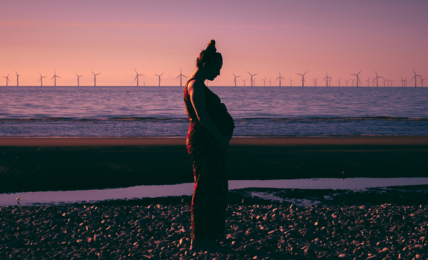Yeshiva University sued over refusal to recognize LGBTQ+ student club
“Unfortunately Yeshiva University has repeatedly refused to recognize the LGBTQ student group because it is for LGBTQ students and about LGBTQ issues in its mission. This is discrimination under New York City human rights law, plain and simple.”







